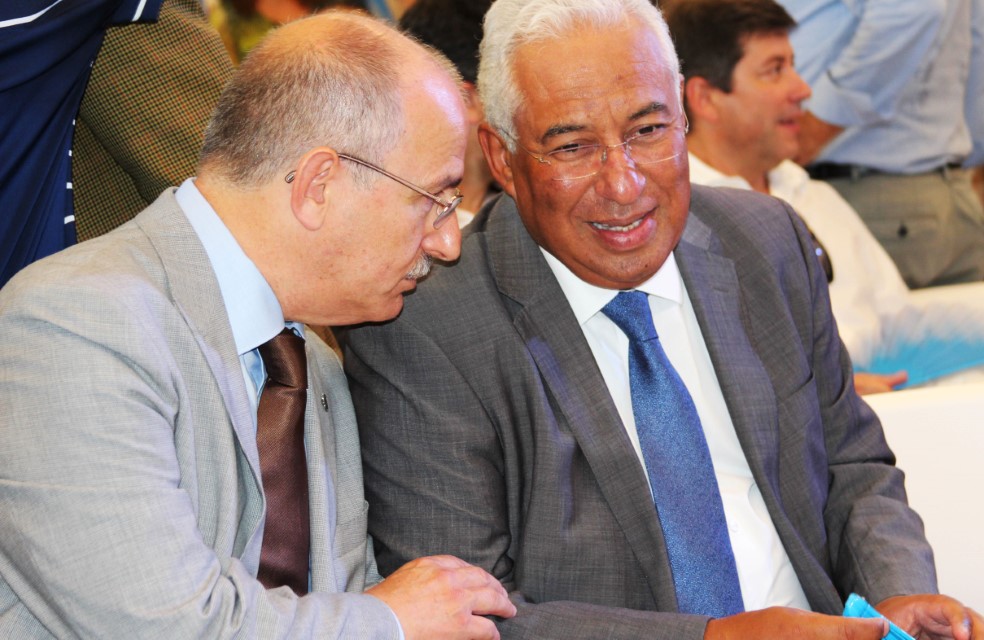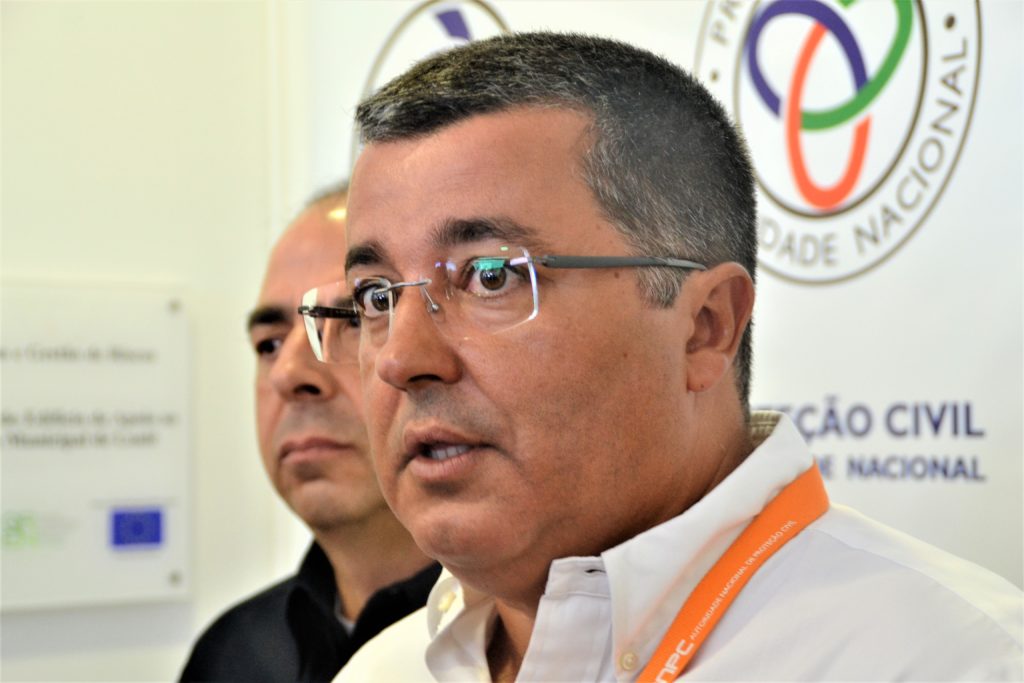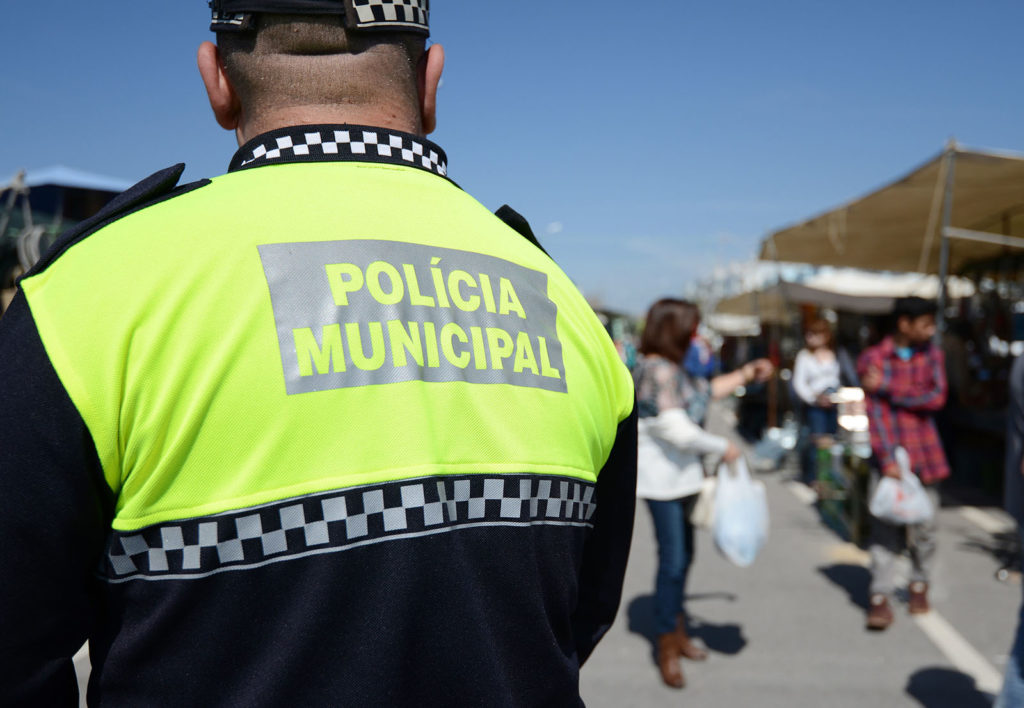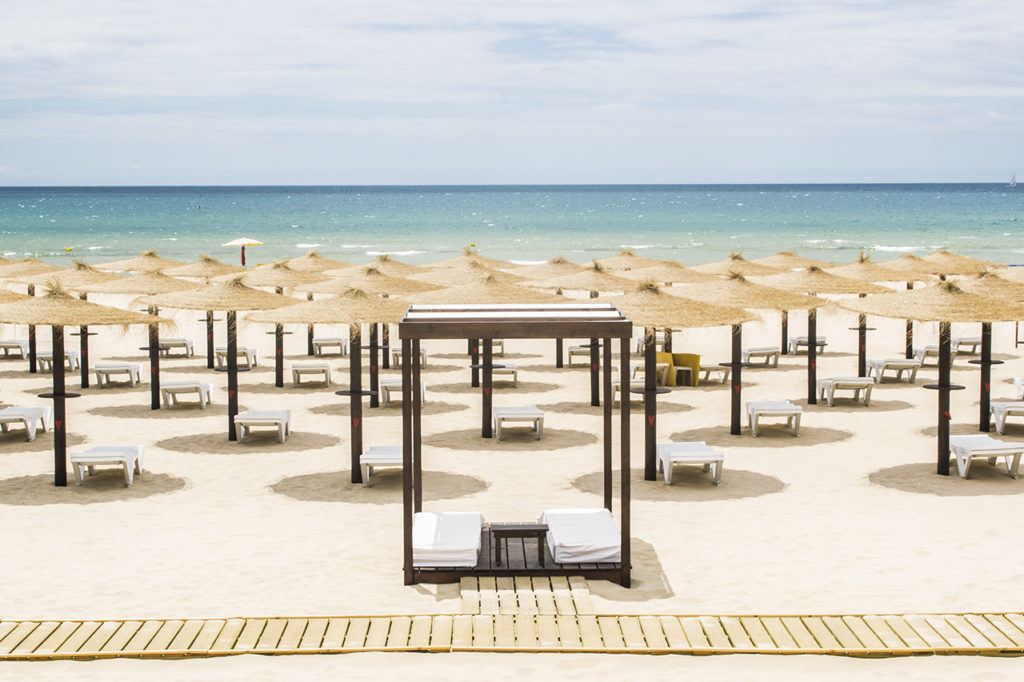This Thursday, 13 September, the Government approved the first set of legislation in the law that establishes the transfer of powers from the central state to local authorities. The documents approved by the Council of Ministers are essential for the application of the new law, approved less than a month ago, and for the municipalities that so wish to assume, as early as 2019, some of the powers that will be decentralized.
The diplomas approved yesterday concern several areas, including justice, proximity policing, tourism promotion, civil protection, gaming licensing and cleaning of bathing areas. In other words, the documents that will regulate other sectors have not yet been approved, much more hot, such as health and education.
On the part of local authorities, namely those in the Algarve, the position is clear: more skills will only be welcomed if accompanied by sufficient funding.
After all, Portuguese municipalities have long assumed competences that were, as a rule, of the central state, such as, for example, the management of basic education schools. But, until now, this assumption of responsibilities was done within the scope of a contract. With the new law, it becomes a general competence of the autarchies, that is, mandatory.
Even so, there will be an adjustment period, in which the transfer of competences is voluntary. Until the next municipal elections, which will take place in the autumn of 2021, the Town Halls and Parish Councils will only assume what they see fit – and may even not accept any new incumbency.
It is true that the decentralization of powers is a demand that has been made, over the years, by many mayors in the country. Hence, this reform is seen as positive by the vast majority of mayors in the country. This, of course, if the new responsibilities are associated with corresponding funds.
In the view of the local government, as important as which powers the Government wants to transfer to the municipalities is the financial envelope that will be associated with each of the diplomas that are approved.

This message was, moreover, transmitted directly to António Costa by the mayor of Loulé Vítor Aleixo, taking advantage of the presence of the prime minister at the opening of the Loulé Music Conservatory, this Wednesday. The mayor from Loulé welcomed the transfer of skills that was to come and stated that he was “ready to assume responsibilities in this area of education, on the natural assumption that the means to be made available are up to the challenges”.
António Costa also addressed the topic in his speech, praising Loulé for «has always been a land of culture and where, exemplarily, the Municipality has an effective commitment to culture and education, demonstrating that decentralization is not a bogeyman , but rather a partnership and a way of working together, knowing that if we work together we can do much more than if each one pulls to their side».
In the Algarve, there are other mayors who, like Vítor Aleixo, applaud the measure, but there are also those who have already decided to refuse the transfer of competences for the time being. And it's not even a matter of political orientation.
Social Democrat Francisco Amaral, mayor of Castro Marim, told the Sul Informação «to be in agreement with this process of decentralization», idealized by the socialist government of António Costa and which had the support of his party, in the Assembly of the Republic, since the transfer of more competences to the local power was something he had defended for a long time. "I think that whoever is closest to the population knows which threads to sew and is better able to decide," he said.
This, of course, if the competences "are accompanied by the corresponding financial package", which is, in the eyes of the Algarvian mayor, "the most important thing".
Even so, Francisco Amaral does not assume whether Castro Marim will accept, from now on, competences that previously belonged to the central power. “I'm still waiting for the sector diplomas and financial envelopes to come out. Anyway, as I don't have a majority in the Chamber, I will always have to negotiate with the opposition», he said, in an interview with Sul Informação.

Who has the majority in the Lagoa Chamber and was even elected by the same party that is in government, the PS, is Francisco Martins. Even so, this mayor of the Algarve has already made it known that he will not accept the transfer of competences, as he considers the funds associated with him “insufficient”.
At issue are areas such as health, as the new law provides for the transfer of the management of proximity health units, such as Health Centers and Extensions, to the municipal sphere.
Jorge Botelho, president of AMAL – Algarve Intermunicipal Community and Tavira Chamber, does not doubt that, «in general, the mayors consider decentralization a good principle». The fact that some mayors, namely their familiar Socialist Francisco Martins, to say that there are no conditions to assume new skills is, even so, seen as something “natural”, considering “the lateness of the year”.
It is because the municipalities, as stipulated by the law approved on August 16, 2018, had until September 15 to show themselves available to take on new powers. This period was, however, extended, taking into account that, at this time, only a small part of the regulatory diplomas has been approved and none of them in areas likely to generate more doubts among the mayors.
“For me, as the mayor of Tavira, these decentralization measures are positive and I welcome them. But this process needs to be accompanied by an adequate financial package», he told the Sul Informação Jorge Botelho.
In other words, it is necessary to wait for the publication of the diplomas to start deciding. “We will evaluate the competences that are decentralized and assume those that we deem most relevant”, said the mayor of Tavira. This, of course, until 2021, because, from then on, municipalities are no longer able to choose and will even have to accept the new competences.

Find out what powers are regulated by the diplomas approved yesterday by the Council of Ministers:
Justice – The approved decree-law implements the transfer of competences to municipalities and intermunicipal entities in the areas of social reintegration of young people and adults, the prevention and combat of domestic violence, the network of justices of the peace and support for victims of crimes .
Proximity Policing – the composition and functioning of the municipal security councils is changed, establishing in each of them a restricted commission with powers to define, at a strategic level, the proximity policing model to be implemented in the municipality.
Civil Protection – The Government understood that both local authorities and inter-municipal entities could play a more participatory role in supporting firefighters. In this sense, the approved decree-law establishes that municipalities in whose territorial area the permanent intervention teams of voluntary firefighters associations operate may support their functioning, namely to contribute to the costs arising from occupational accident insurance for the elements that make up the permanent intervention team and costs with the acquisition of equipment allocated to them.
Tourism – Intermunicipal entities are also responsible for developing tourism promotion in the domestic market, in conjunction with regional tourism entities.
Community Funds – The management of projects financed by European funds and investment attraction programs becomes the responsibility of the inter-municipal entities, giving them, according to the approved decree-law, a more active role in the dynamization and promotion of the economic potential of the respective sub-regions.
Game – The decree-law that transfers to municipalities the competence to authorize the exploitation of related modalities of games of chance and other forms of gambling, namely raffles, tombolas, raffles, advertising contests, knowledge contests and pastimes was approved.
bathing areas - the management of maritime beaches and river and lake beaches integrated in the public water domain of the State is another competence transferred to the municipalities, which are now responsible, among other competences, for cleaning bathing spaces and maintenance, conservation and repair of existing infrastructure and equipment, as well as the respective concession, licensing or authorization.



















Comments